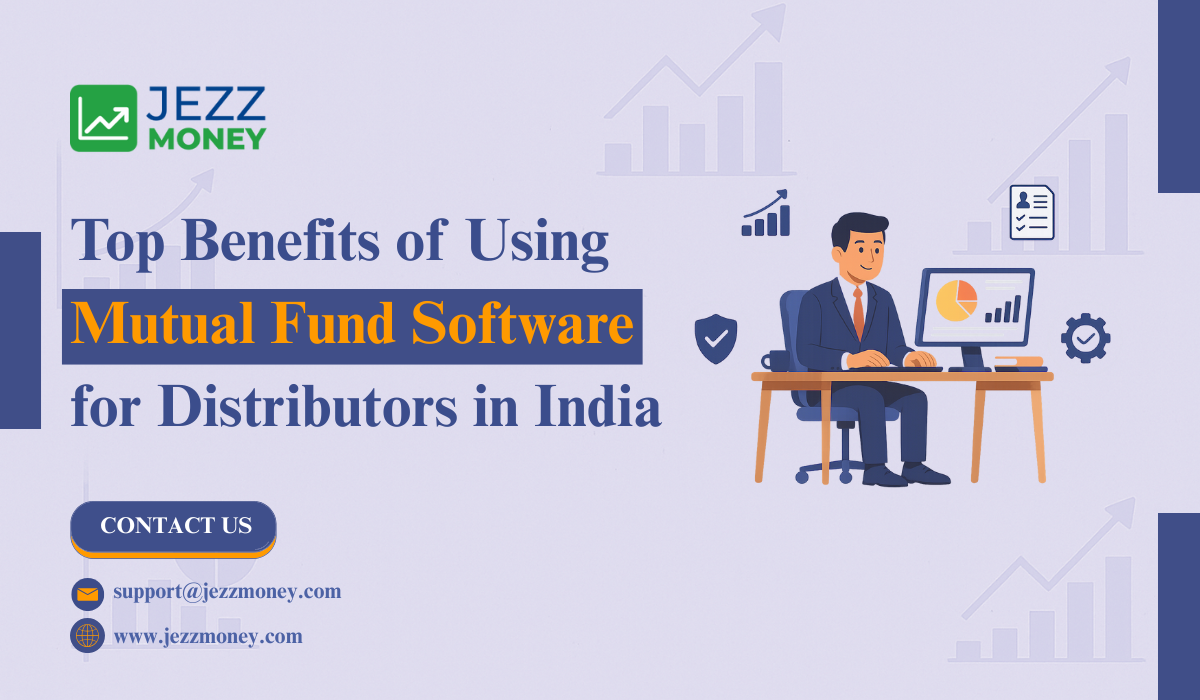Decoding the Fee Structure: A Comprehensive Breakdown of Mutual Fund Charges

Strong 8k brings an ultra-HD IPTV experience to your living room and your pocket.
Mutual fund fees might seem small, but they can quietly chip away at your investments over time. Understanding these costs is crucial if you want to maximize your returns. From upfront charges to ongoing expenses, each fee has its impact. The real question is—are you aware of what you're paying for? Let’s break down these fees so you can keep more of your hard-earned money. Discover how apex-revolution.org/ bridges the gap between investors and industry experts, shedding light on mutual fund charges with clarity.
Front-End Load vs. Back-End Load: Weighing the Entry and Exit Costs
When you’re investing in mutual funds, there are fees that can catch you off guard—especially the front-end and back-end loads. These are essentially charges for getting in or out of a fund.
Think of a front-end load as a cover charge at the door. You pay this fee upfront when you make your initial investment. For instance, if you invest $1,000 in a fund with a 5% front-end load, only $950 actually goes into the fund. The remaining $50? That’s the fee you’ve already paid, and it’s gone.
On the flip side, a back-end load is like a departure tax. You pay this fee when you sell your shares. This charge can decrease over time, usually vanishing if you hold the fund long enough.
It's like a discount for sticking around. But watch out—if you need to sell sooner than planned, you might face a hefty fee. It's always a good idea to understand these costs before investing. After all, nobody likes surprises when it comes to their hard-earned money!
Expense Ratios: The Ongoing Costs You Can’t Ignore
Expense ratios are the fees that keep ticking away in the background, like a quiet tap dripping in your house. They represent the percentage of your investment that goes towards covering the fund’s operating expenses—things like management salaries, administrative costs, and other overheads.
This fee is deducted annually, whether or not the fund performs well. So, even if your fund has a fantastic year, part of your returns gets siphoned off to cover these costs.
For instance, if a mutual fund has an expense ratio of 1%, and you’ve invested $10,000, then $100 will be deducted each year to cover the fund's costs. This might not seem like much at first, but over the years, it can add up, reducing the compounding power of your investment.
Ask yourself: Is this fund’s performance strong enough to justify the ongoing costs? Or could you find a similar fund with a lower expense ratio that delivers the same or better results?
Management Fees: Paying for Expertise and Oversight
Management fees are what you pay for the expertise that goes into making investment decisions on your behalf. This fee compensates the fund manager and their team for researching, selecting, and managing the assets within the fund. It’s like paying a chef at a fancy restaurant—you're not just paying for the ingredients, but for the skill and experience that goes into creating a great meal.
However, just like in a restaurant, the cost doesn’t always guarantee quality. Are you getting a Michelin-star meal, or just an overpriced burger? Some fund managers consistently outperform the market, making their fees worth every penny.
Others, not so much. This is why it’s crucial to research and compare management fees across funds. Sometimes, a lower-cost index fund might perform just as well—or even better—than a higher-cost actively managed fund. Always weigh the cost of expertise against the actual value it brings to your portfolio.
12b-1 Fees: The Controversial Marketing and Distribution Costs
12b-1 fees are like paying for the commercials that convinced you to buy a product. These fees cover marketing and distribution expenses, such as advertising, paying brokers, and even some administrative costs.
The idea behind the 12b-1 fee is that by promoting the fund, more investors will join, theoretically spreading out the fund’s costs and potentially increasing returns for everyone.
But here's the kicker: Do you really need to pay for your own persuasion? Many investors argue that these fees don't directly benefit them and instead line the pockets of the fund companies and brokers.
Often, these fees are wrapped into the fund’s expense ratio, making them less noticeable but just as impactful. Before committing to a fund with 12b-1 fees, consider whether the marketing efforts they cover are worth your investment. In many cases, you might find a similar fund without these fees, allowing more of your money to work for you instead of promoting the fund.
Transaction Fees: The Hidden Costs of Buying and Selling
Transaction fees are the sneaky costs that can catch you off guard when you buy or sell shares in a mutual fund. Think of them as the tolls on a highway—small amounts that add up, especially if you’re frequently trading.
These fees are charged by the brokerage or fund company and can vary depending on the frequency and volume of your trades.
For example, if you decide to buy shares in a mutual fund, you might be charged a fee for each purchase.
Similarly, when you sell your shares, another fee might apply. It’s like getting hit with a fee just for trying to park your car in a lot. Over time, especially for active traders, these fees can erode your returns.
To avoid getting nickel-and-dimed, look for funds that offer low or no transaction fees, especially if you plan on trading frequently. It's also worth considering how these fees fit into your overall investment strategy.
Sometimes, paying a bit more in transaction fees might be worth it if the fund’s performance justifies the cost. But as always, it's important to weigh the pros and cons before making a move.
Conclusion
Navigating the world of mutual funds can be tricky, especially with fees lurking at every corner. But knowing where your money is going empowers you to make smarter investment choices. Take charge of your portfolio by understanding and minimizing these fees. After all, every penny saved in fees is another penny that can work for you in the long run.
Note: IndiBlogHub features both user-submitted and editorial content. We do not verify third-party contributions. Read our Disclaimer and Privacy Policyfor details.








